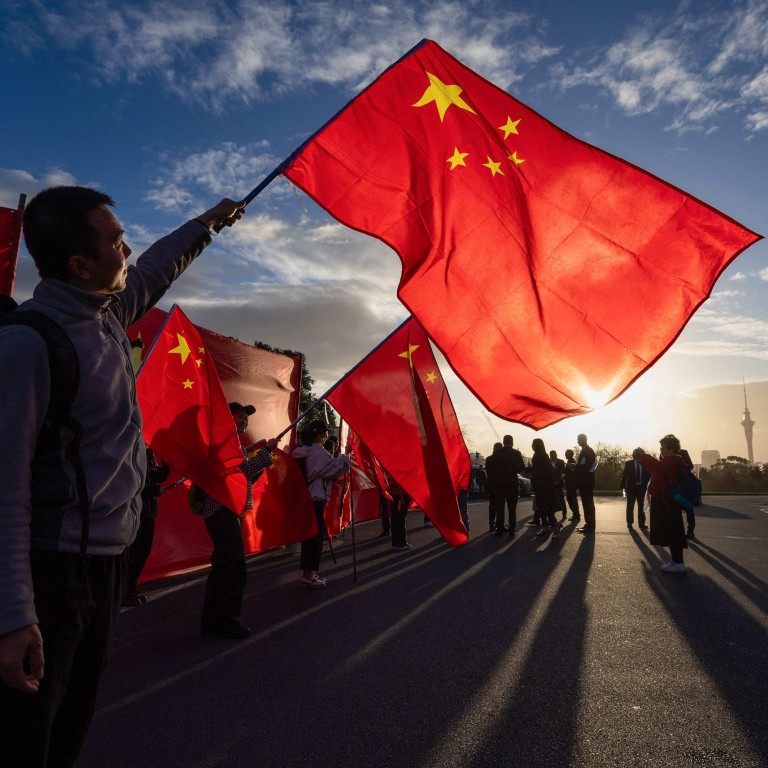
Li Qiang’s three-nation tour to repair and deepen China ties has positive results
- Stops by Chinese premier in New Zealand and Australia were partly to manage differences, but Malaysia visit strengthened relations
Premier Li Qiang has wrapped up a three-nation tour in Malaysia, which wants to deepen ties without taking sides between China and the United States. The visit celebrated 50 years of diplomatic relations between Beijing and Kuala Lumpur.
This followed stops by Li in New Zealand and Australia, where the focus was partly on managing differences, especially with the latter. Li’s visit to Australia was the first by a Chinese premier since bilateral relations soured in 2017.
Repairs that began with the visit to Beijing by Prime Minister Anthony Albanese last year continued in Canberra. Declaring the relationship back on track after “twists and turns”, Li called for the two sides to shelve differences, but Albanese said disagreements could not be made to disappear by making them taboo subjects.
These sentiments resonated with the language of official accounts of the men’s meeting, including “candid” exchanges and “properly managing differences”.

“Twists and turns” in the relationship refers to Beijing’s annoyance with Australian laws against foreign interference seen as targeting China, anger over Canberra’s call for an independent inquiry into the origin of the Covid-19 pandemic, and China’s retaliatory bans on a range of Australian products. Almost all of these bans have been lifted recently – hence Li’s reference to ties being back on track.
Australia may have diversified its markets in the meantime, but it had to come to terms sooner or later with the need to repair relations with China for the sake of its economy in the long term.
On balance, the outcome of Li’s tour has been positive, rounded off with the signing of a range of deals with Malaysia. While it took pragmatism to overcome ideology and politics in Australia and New Zealand, Malaysia is quite different, having always been a friendly neighbour to China despite overlapping territorial claims in the South China Sea, and it takes a more low-key, diplomatic approach.
The premier’s tour came amid China-US rivalry for regional influence. Prime Minister Anwar Ibrahim set the stage for Li’s visit – and strengthening ties with China – by making it clear Malaysia would not be pushed into taking sides, but act in its own best interests.
In an exclusive interview with the Post, Anwar said it was no longer about neocolonialism or colonial rule, and stressed: “We are an independent nation.” It made sense for Malaysia to continue doing business with China.
In that regard it remains a key regional partner in China’s Belt and Road Initiative. Evidence of that came in a joint official launch by Li and Anwar of an integrated passenger terminal for the East Coast Rail Link, a flagship project of the initiative and vision of a pan-Asia railway that will extend overland connectivity between China and much of Southeast Asia.

